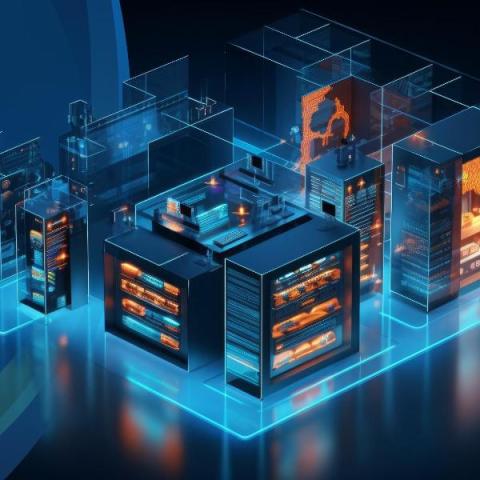Azure Machine Learning Pricing - 2024 Guide to ML Costs
Undoubtedly, AI is our future—which means it’s past time to integrate machine learning models into your FinOps multi-cloud tech stack. AI turns simple tasks into something that can be executed at the click of a button. With well-trained models, FinOps, MSPs, and Enterprises can automate cost detection, forecasting, and anomaly identification, streamlining complex financial operations without increasing their workforce. The good news?











